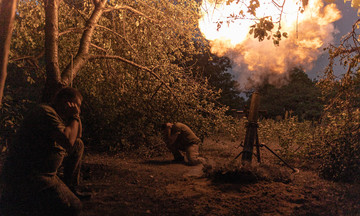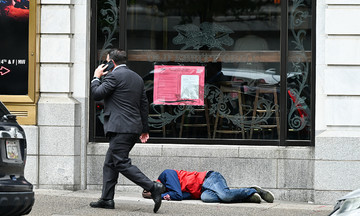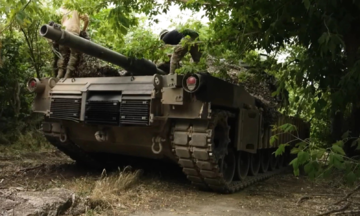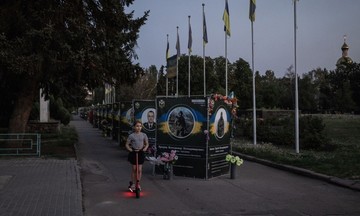"The escalating food crisis is impacting everyone, including those trying to save lives in this war-torn enclave," Philippe Lazzarini, head of the United Nations Relief and Works Agency for Palestine Refugees (UNRWA), wrote on X on 24/7.
He described UNRWA's frontline medical staff as "surviving on a meager meal a day, sometimes supplemented with beans." The agency's medical personnel in Gaza "are increasingly exhausted and frequently collapsing on the job due to hunger."
Doctor Mohammed Abu Selmia, director of al-Shifa Hospital in Gaza City, told the Guardian and the Arab Reporters for Investigative Journalism (ARIJ) network that doctors have fainted from hunger in operating rooms on multiple occasions.
"I haven't eaten anything for the past two days. My family also has nothing to eat. All day I think about how to get some flour, beans, or anything for my family, but there's nothing left in the market. We no longer have the strength to walk," a volunteer doctor at al-Shifa Hospital said.
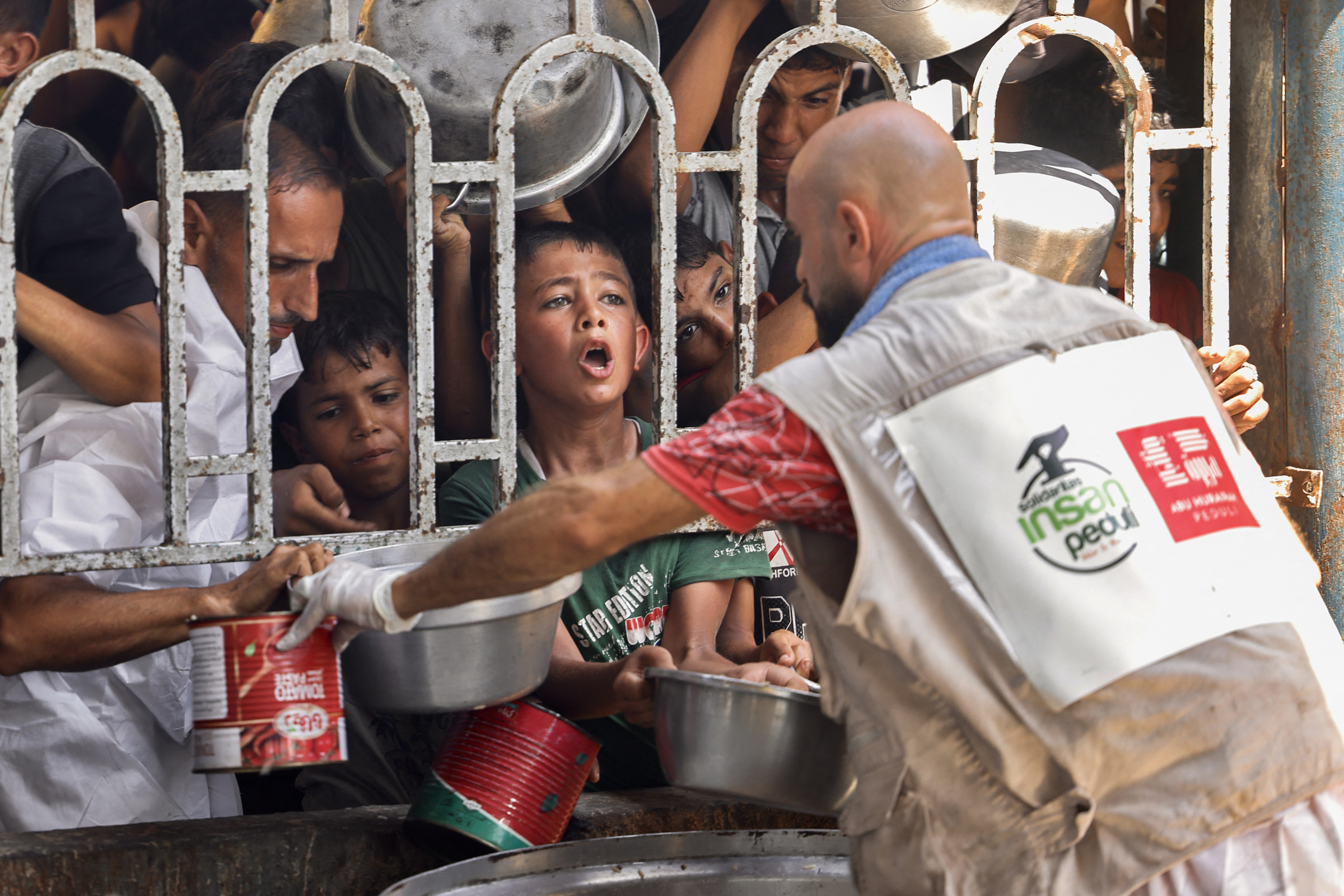 |
Food distribution in Khan Younis, southern Gaza Strip, on 22/7. Photo: AFP |
Food distribution in Khan Younis, southern Gaza Strip, on 22/7. Photo: AFP
Local health authorities reported 45 starvation deaths in Gaza in the past four days, a number that continues to rise after Israel tightened control over incoming humanitarian aid, making food increasingly scarce. According to UNRWA, one in five children in Gaza City suffers from malnutrition.
"People in Gaza are neither alive nor dead. They have become walking corpses," Lazzarini quoted a frontline worker in Gaza as saying.
The head of UNRWA warned that "hunger is silently spreading" in Gaza as humanitarian mechanisms have collapsed, while access to food and safe medical care for civilians has almost disappeared. Hundreds have been killed by Israeli fire or robbed while seeking food aid.
Lazzarini said most of the children UNRWA cares for are emaciated, weak, and at high risk of death if not treated promptly. Their parents are also too hungry to care for their children. Those who reach UNRWA clinics are often exhausted and unable to eat or follow treatment instructions.
"In a place where caregivers don't have enough to eat, the entire humanitarian system is collapsing," Lazzarini emphasized.
The UN official called for humanitarian agencies to be allowed to deliver aid to the Gaza Strip without hindrance or interruption. He said UNRWA currently has the equivalent of 6,000 truckloads of food and medical supplies in Jordan and Egypt, but cannot access the area due to Israeli restrictions.
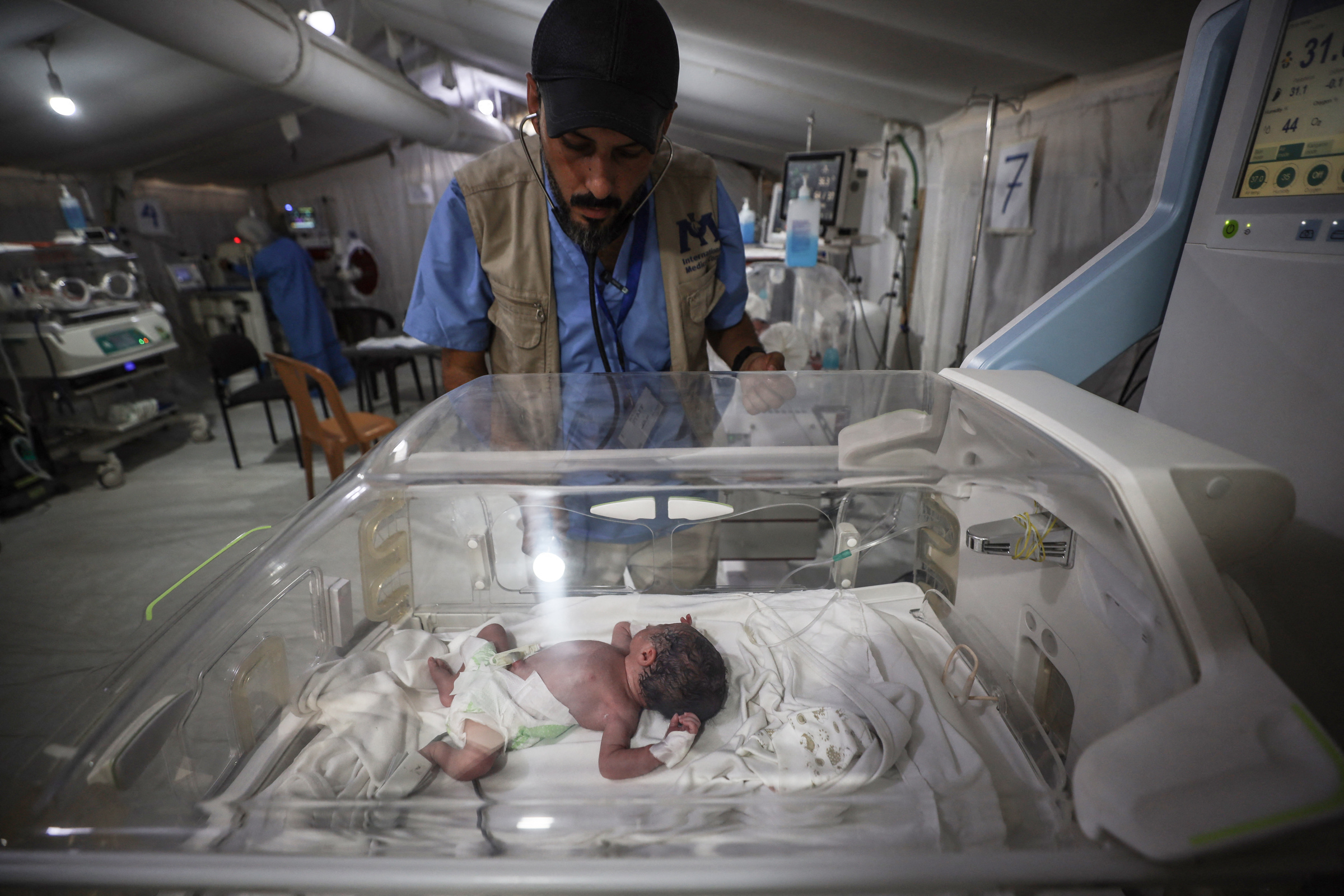 |
The neonatal care unit of the International Medical Corps (IMC) in Deir Al-Balah, southern Gaza Strip, in 7/2024. Photo: AFP |
The neonatal care unit of the International Medical Corps (IMC) in Deir Al-Balah, southern Gaza Strip, in 7/2024. Photo: AFP
The war in Gaza has lasted nearly two years, but all peace efforts have failed. Hope for a ceasefire is fading after the latest negotiation attempt in Doha collapsed.
Under a draft agreement in June, mediators proposed a 60-day ceasefire during which Hamas would release 10 living hostages and the bodies of 18 others, while Israel would release Palestinian prisoners. The two sides would continue negotiations during the ceasefire to achieve lasting peace and increase aid to Gaza.
However, Hamas's response insisted that Israel allow aid organizations to operate in the Gaza Strip directly, rather than through an Israeli-controlled mechanism, and demanded a complete end to the war instead of a short-term ceasefire.
The US and Israel withdrew their negotiating teams from Doha on 25/7, accusing Hamas of not wanting a ceasefire in Gaza. "They left the negotiating table, which is unfortunate. Hamas really doesn't want a deal. I think they want to die," US President Donald Trump said on 25/7.
Meanwhile, senior Hamas official Bassem Naim accused the US of retracting agreed-upon terms and said their negotiation efforts "only served Israel's position."
Israel has repeatedly argued that the international media exaggerates the severity of the hunger crisis in the war zone. It blames the lack of cooperation on the UN and humanitarian organizations for not collecting aid at border crossings for distribution to warehouses.
In recent months, Israel has allowed a trickle of aid into Gaza, mostly distributed by the Gaza Humanitarian Fund (GHF), a private US organization. The GHF operates four food distribution points protected by mercenaries.
This model has been criticized by international organizations as a "death trap," forcing civilians to travel long distances and gather in large crowds, making violence more likely. Since the GHF began operating in Gaza nearly two months ago, Gaza health authorities have recorded over 1,000 civilian deaths while seeking aid.
Thanh Danh (Guardian, UN News, Reuters)









